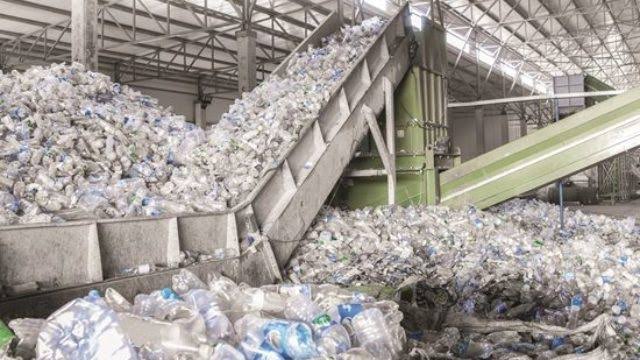Waste Management and the Circular Economy: A Path to Sustainability

By Ojugbele Omotunde
In today’s world, waste management and the circular economy play a vital role in creating a sustainable future. This report aims to explore the principles, benefits, and significance of waste management and the circular economy in promoting environmental conservation and resource efficiency.
Managing Waste: Minimizing, Reusing, and Recycling: To handle waste materials responsibly, a number of procedures are involved in waste management. The first step is to implement waste reduction techniques, like encouraging the use of reusable products and reducing packaging. Waste collection follows, in which various waste kinds are segregated for appropriate disposal or recycling. Recycling is essential because it reduces the need for virgin resources by enabling materials to be converted into new products.
Closing the Loop in the Circular Economy: An alternative to the conventional linear “take-make-dispose” paradigm is the circular economy. It seeks to establish a closed-loop system in which resources are retained in use for an extended period of time. This is accomplished by employing techniques like long-lasting, repairable, and recyclable product design. Additionally, the circular economy promotes material reuse and the advancement of cutting-edge recycling technologies.
Advantages of the Circular Economy and Waste Management: Environmental Conservation: We can lessen pollution, preserve natural resources, and safeguard ecosystems by embracing the circular economy and putting into practice efficient waste management techniques.
Economic Opportunities: The circular economy offers new avenues for growth, including the development of cutting-edge technologies, the establishment of sustainable businesses, and the creation of jobs in the recycling sector.
Energy conservation: By producing renewable energy and lowering our dependency on fossil fuels, proper waste management, including waste-to-energy conversion, can help mitigate climate change.
Decreased Landfill Usage: We can protect priceless land resources and cut down on greenhouse gas emissions by recycling and composting waste instead of sending it to landfills.
In conclusion, attaining sustainability objectives requires a focus on waste management and the circular economy. They provide a means of cutting down on waste, preserving resources, and building a stronger, more prosperous future. Through implementing these habits and raising consciousness, each of us can make a positive and more hygienic world.
